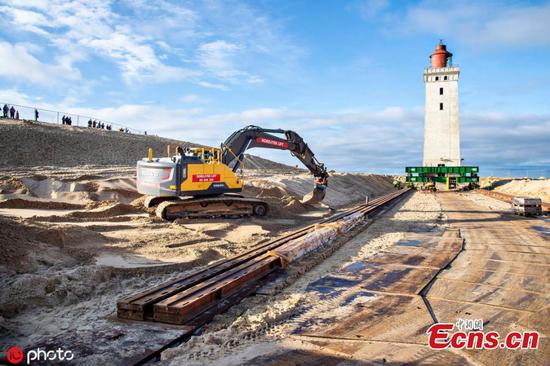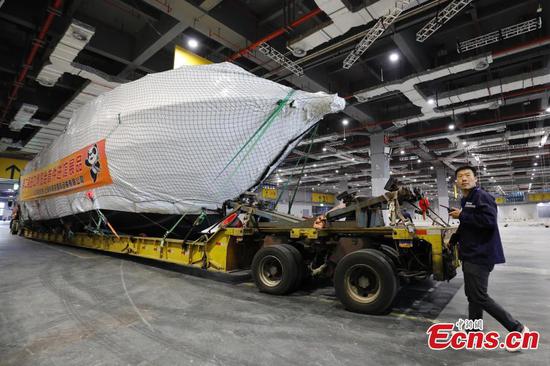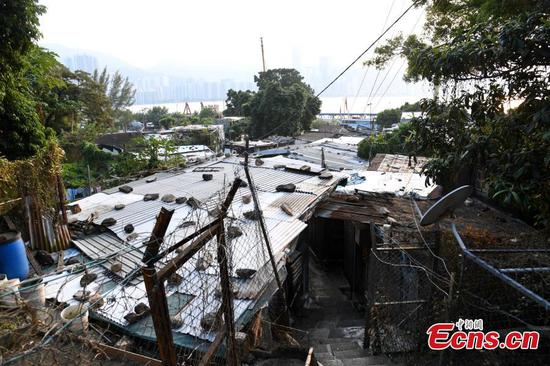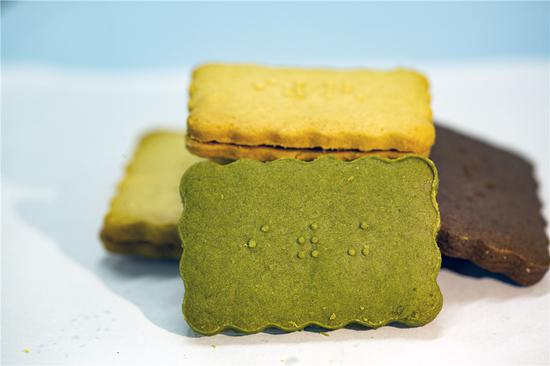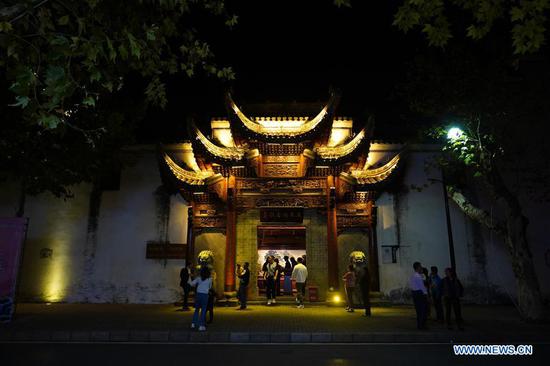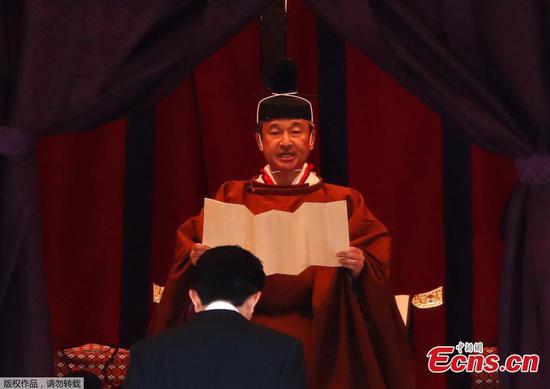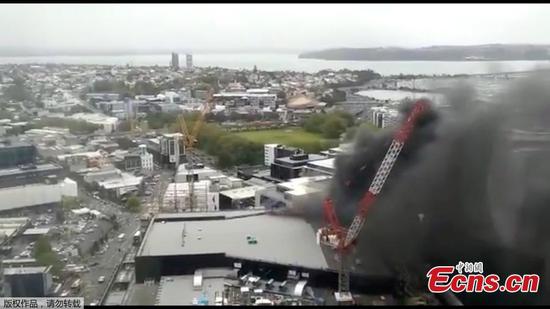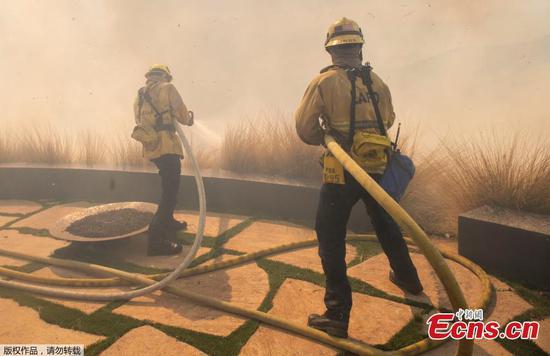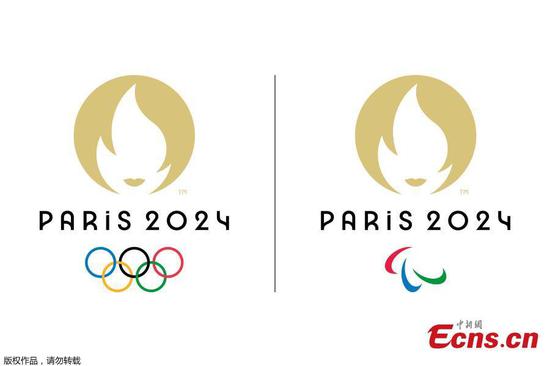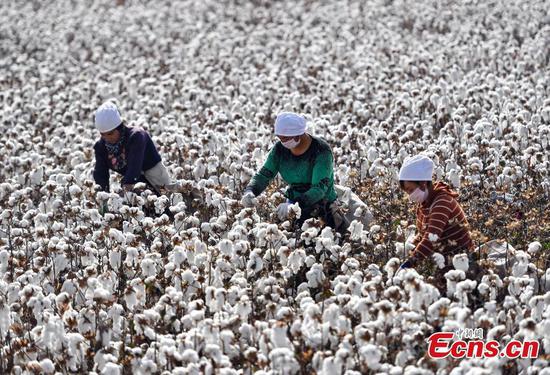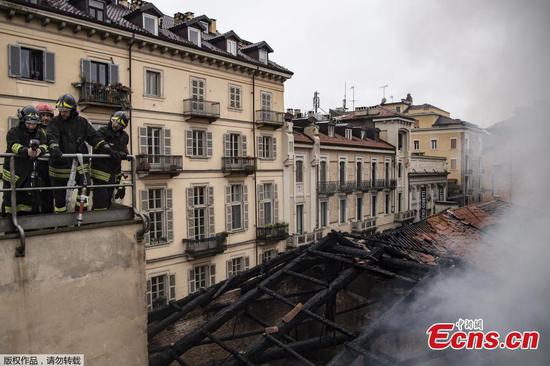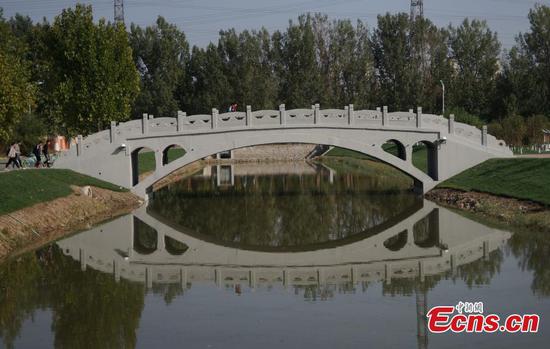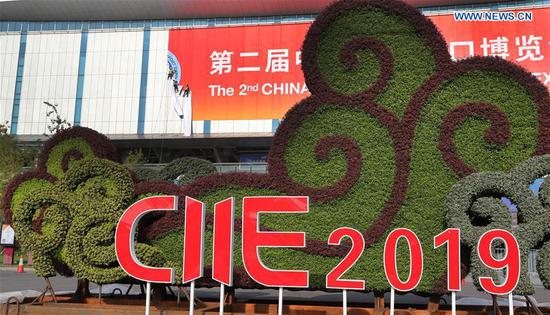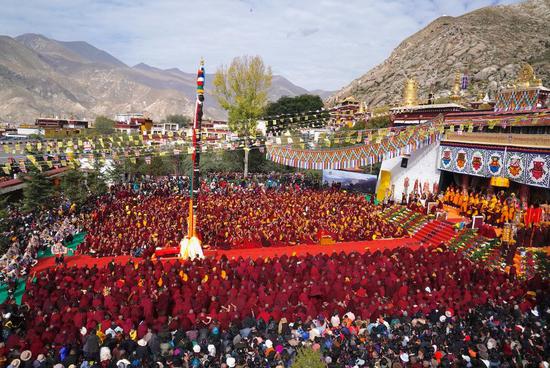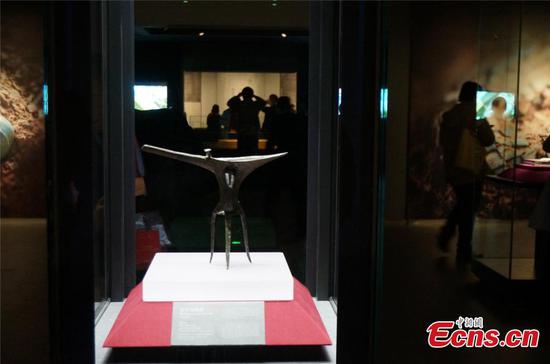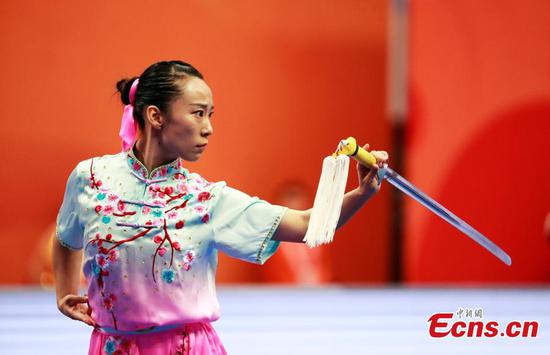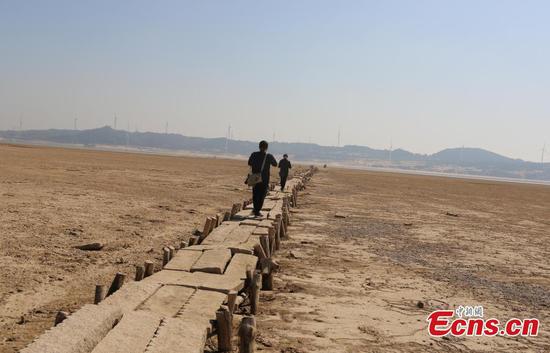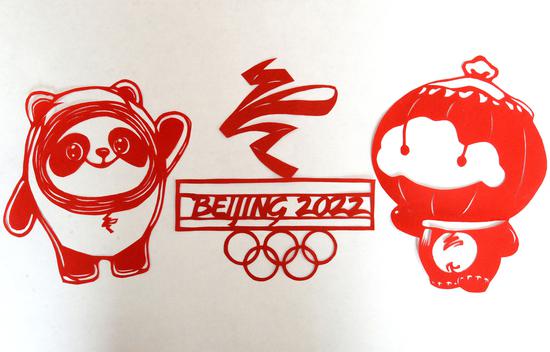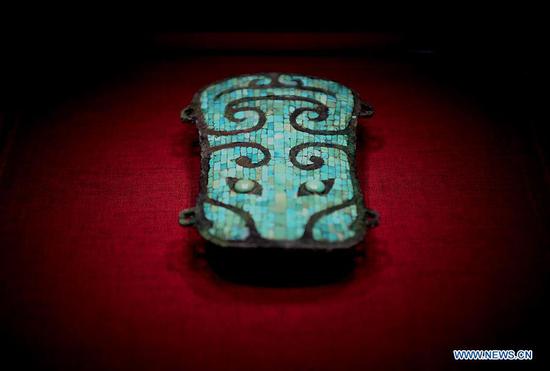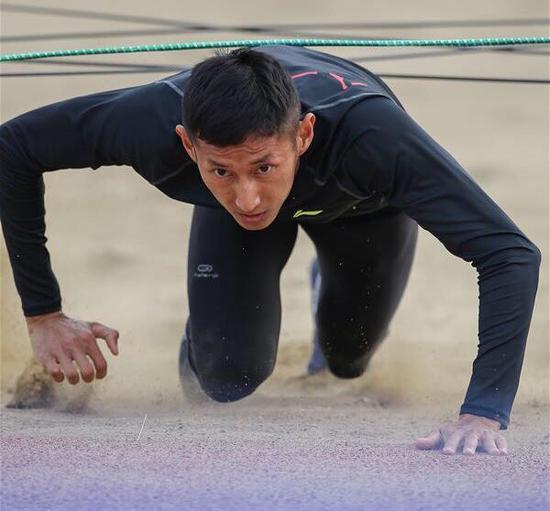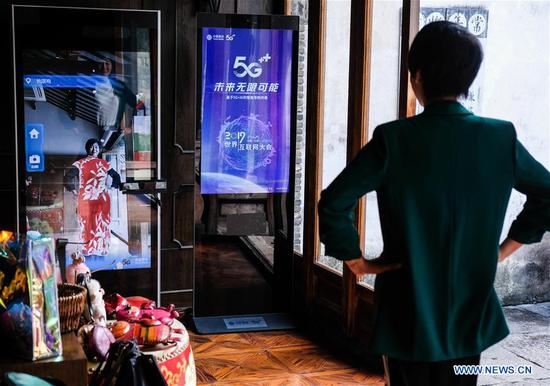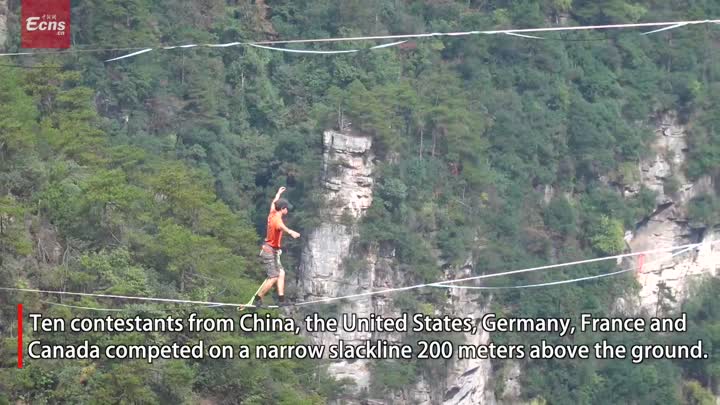China has strengthened its fight against academic misconduct by publishing new standards defining plagiarism, fabrication, falsification and other violations of research integrity. Experts believe the clarity will make it easier to discipline researchers who violate the rules.
The document, issued by the Ministry of Science and Technology, has been adopted by 20 government agencies ranging from China's Supreme People's Court to the Chinese Academy of Sciences.
Depending on the severity of the offense, punishments can range from canceling a project's funding to revoking the offender's titles and permanently banning them from promotion or other research positions. Institutes that connive with or shield violators will also be punished with budget cuts or judicial action.
Huang Xiaoru, an expert on academic conduct with the Institutes of Science and Development of the Chinese Academy of Sciences, said the new document contains an "unprecedented" amount of detail in how to handle academic misconduct during various stages of research activities, according to Xinhua News Agency.
"It allows a more methodical and unified approach in dealing with academic misconduct and violations," she said.
The new guideline also acts as a key supplement to previous regulations regarding academic integrity. In May last year, the general offices of the Communist Party of China Central Committee and the State Council, China's Cabinet, issued new instructions on curbing questionable academic practices to promote integrity and increase the credibility and quality of Chinese research.
In June, the two government bodies published another document stating China will aim to substantially improve its academic integrity and practices within three years by implementing stricter rules to curb academic misconduct, nepotism and the shortsighted pursuit of quick success.
Huang said that in past regulations, different ministries and government agencies had their own standards and procedures of dealing with academic misconduct. The disparate rules and sometimes overlapping jurisdictions made it harder to evaluate, investigate and deal with violators.
"Now the new documents not only provide a unified, general framework of promoting academic integrity that works across all agencies, but they also have details on who is responsible when violations occur," she said.
For instance, the latest regulation states that any academic misconduct occurring in the application, evaluation, implementation and appraisal of government-funded research projects will be investigated and handled by the project's funding entities.
He Guangxi, a researcher from the Chinese Academy of Science and Technology for Development, said one of the key highlights of the latest guideline is placing research ethic violations under the same category as academic misconduct, thus pushing scientists and administrators to pay greater attention to ethical practices in their research.
Another highlight is the establishment of an appeal and reevaluation mechanism for academic misconduct.
"It is a big step forward because sometimes it can be extremely tricky to evaluate and handle controversies surrounding research integrity and ethics, and mistakes can happen," He said.
"With a channel for appeal, scientists working in important and sensitive fields can still freely pursue their subject, while ensuring their research is done in a safe and responsible manner."









